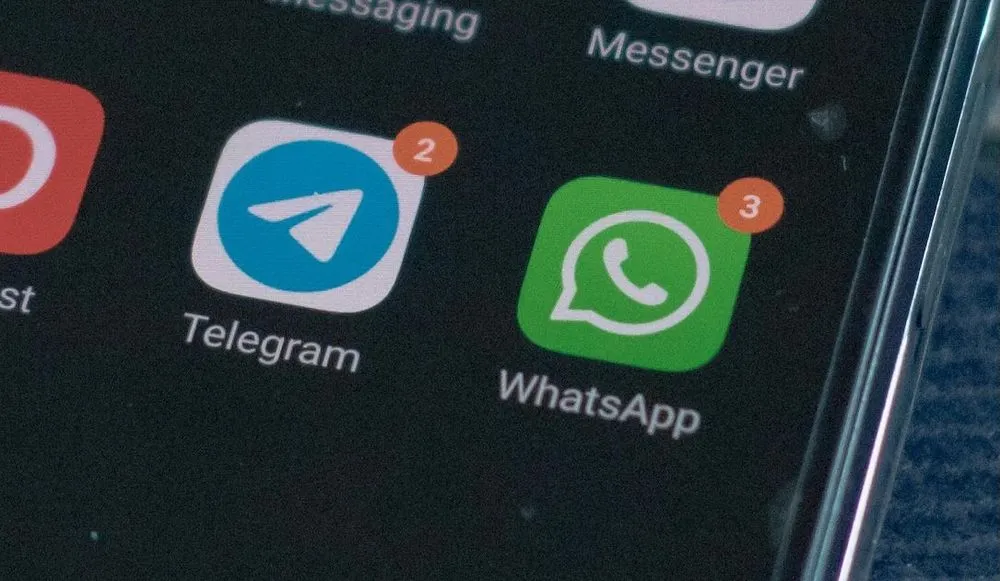Russia curbs WhatsApp, Telegram calls to counter cybercrime
Russia has begun restricting voice and video calls on WhatsApp and Telegram, saying the move is aimed at preventing the use of foreign messaging apps for fraud.
Users across the country have reported since Monday that calls on the two platforms were failing to connect or breaking up. On Wednesday, the state communications watchdog Roskomnadzor confirmed it had introduced the restrictions on calls, adding that all other features of the apps remain available.
“Telegram and WhatsApp have become the main voice services used for deceit and extortion and for involving Russian citizens in sabotage and terrorist activities,” the agency said.
Authorities said call access could be restored if the companies complied with local laws, including by providing information requested by law enforcement on mass fraud and the planning of terrorist attacks in Russia.
The restrictions come as Moscow pushes to replace foreign technology with domestic services and expand state control over online communications. Officials have been promoting Max, a government-backed messenger developed by the creator of the social network VKontakte and modeled on China’s WeChat, which will be pre-installed on all new smartphones in Russia from September.
Response to restrictions
WhatsApp, owned by U.S. tech giant Meta, called the decision to restrict calls in its app an attempt to strip Russians of secure communications and push them toward “less secure services to enable government surveillance.”
“We will keep doing all we can to make end-to-end encrypted communication available to people everywhere, including in Russia,” the company said in a statement on X.
Meta has been banned in Russia since 2022 as an “extremist” organization, though the designation spared WhatsApp.
Dubai-based Telegram, which has nearly 90 million Russian users according to local estimates, did not directly criticize the decision to block calls on its app, but said it is fighting malicious use of its platform, including calls for sabotage, violence, and fraud.
Russian telecom operators said voice traffic rose by as much as 25% after the government restricted calls on WhatsApp and Telegram, as users shifted back to traditional phone networks.
Authorities said the move would help curb cyber fraud, but the claim contrasts with central bank data showing phone calls remain the leading tool for scams in Russia, accounting for 45.6% of cases in 2024, while messenger-based schemes ranked second at 15%.
Less-secure alternatives
The restrictions follow months of debate in Moscow about banning WhatsApp outright and coincide with the promotion of Max, which integrates messaging, government services, payments and digital IDs.
Digital rights groups and local experts have criticized the decision to ban calls on foreign messaging apps, saying that switching to local alternatives would make communication less secure.
Local laws require Russian telecom operators to store recordings of any phone conversation for six months and provide them to security services upon request. They must also keep records of who called whom and when for three years.
“It increasingly looks like an abandonment of net neutrality and a heavy-handed attempt to push state-run platforms,” Russian digital rights group Roskomsvoboda said about the latest restrictions.
Daryna Antoniuk
is a reporter for Recorded Future News based in Ukraine. She writes about cybersecurity startups, cyberattacks in Eastern Europe and the state of the cyberwar between Ukraine and Russia. She previously was a tech reporter for Forbes Ukraine. Her work has also been published at Sifted, The Kyiv Independent and The Kyiv Post.



